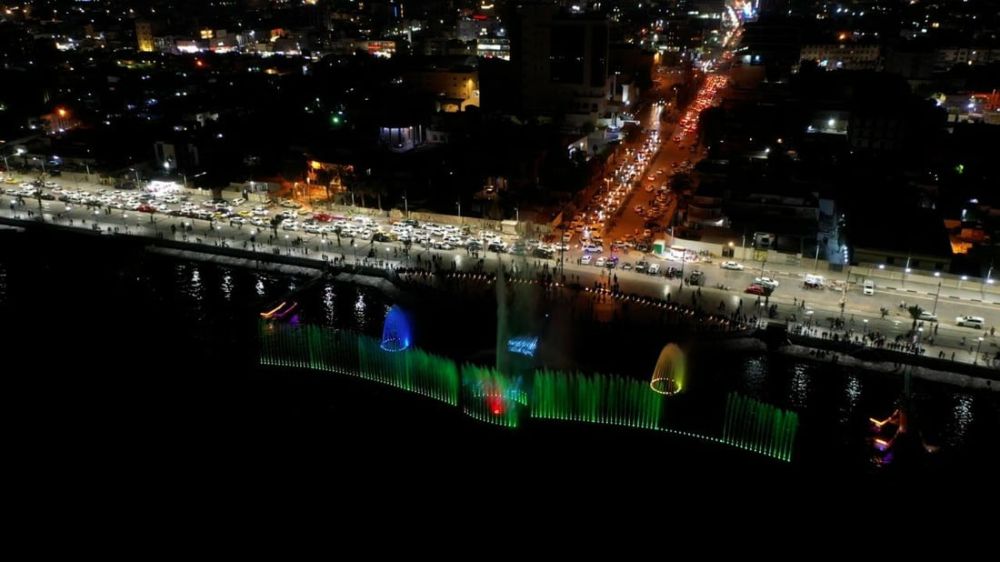

Basra, known as the "Venice of the Middle East" for its numerous canals and waterways, has captivated travellers for centuries. Situated along the Shatt al-Arab waterway in southern Iraq, Basra's history is both rich and complex. The Basra Corniche, one of the city's most picturesque spots, offers visitors a unique glimpse into the region's history and culture.
The history of tourism in Basra dates back for hundreds of years when it was a key port city on the historic Silk Road. Merchants and travellers from across the world would pass through, exchanging goods and ideas. This cultural exchange contributed to Basra's status as a hub of intellectualism and commerce.
The Corniche, with its scenic views of the water and lush greenery, has long been a place where locals and visitors alike could stroll, relax, and escape the city's hustle. Historically, it wasn't developed for tourism but served as a natural meeting place for the people of Basra.
In recent years, efforts have been made to revitalize the Basra Corniche to enhance its appeal as a tourist destination. The city has seen the construction of new hotels, recreational spaces, and other amenities designed to cater to both domestic and international tourists. Despite challenges, Basra continues to develop its infrastructure with the hopes of reinvigorating its tourism industry.
The latest tourism trends in Basra reflect a broader shift towards cultural tourism, where visitors are looking for authentic experiences that reflect the local traditions, heritage, and cuisine. Tourists to the Basra Corniche can enjoy traditional coffee houses, river trips, and the nearby vibrant markets.
Safety and security have been improved in Basra, which encourages tourism, with local authorities investing in enhancing the security and well-being of visitors. Additionally, the increasing stability in the region has somewhat restored confidence in Iraq as a potential travel destination, although challenges remain.
Eco-friendly tourism is another growing trend, and Basra is exploring ways to ensure that the development of its tourism industry is sustainable and does not negatively impact the local ecosystem. This is particularly important given the sensitive environment of the river and surrounding marshlands, which are of global ecological significance.
The Basra Corniche stands at the forefront of the city's push to attract tourists to its storied shores. With continued investment and a focus on sustainable practices, Basra hopes to reclaim a portion of its former glory as a destination that welcomes the world with open arms.